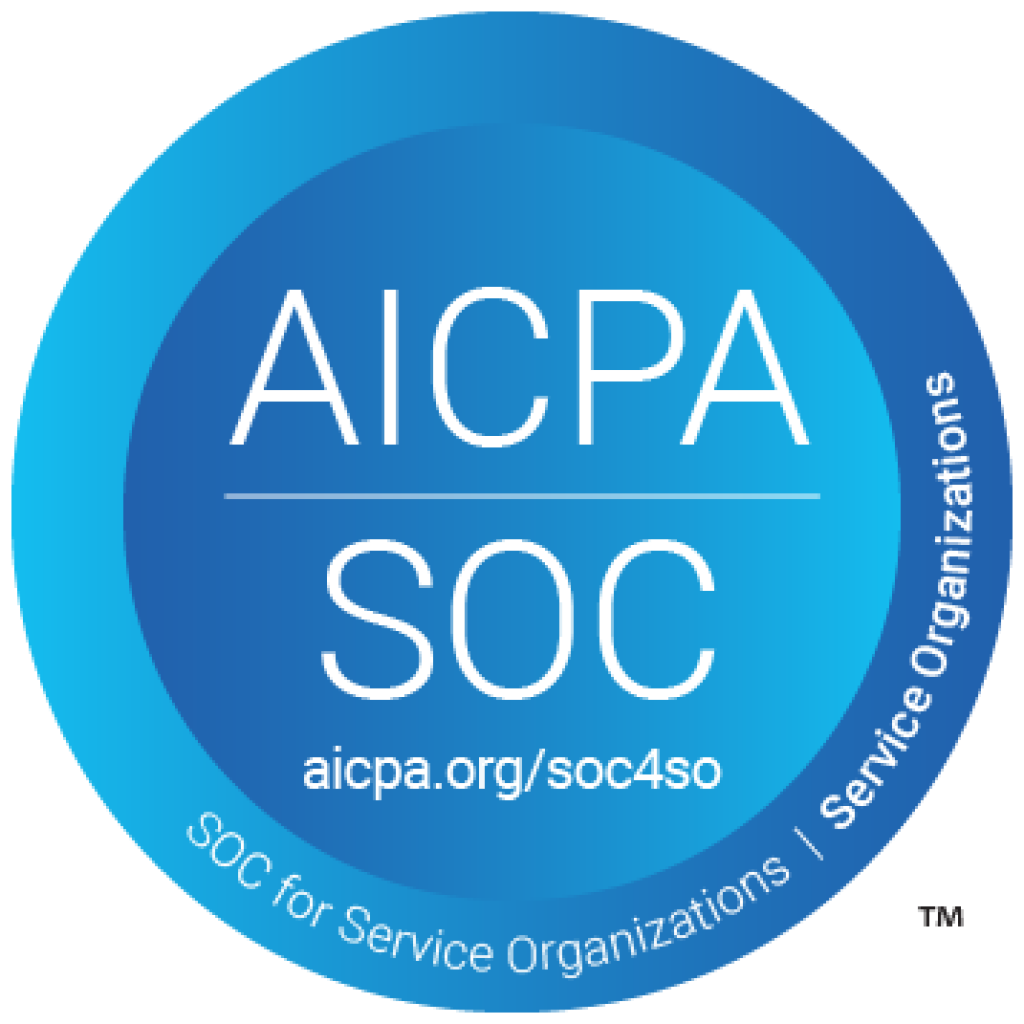Not only are healthcare providers required to meet HIPAA compliance for protecting patient data,
but these security measures are essential in providing quality care to each patient who enters your facility.
1. Technology Infrastructure
Investing in good technology goes a long way to offer the foundation you need to protect digital information. Don’t cut corners on tools that you are using! Choosing a reputable brand and a reliable technology resource will provide you the peace of mind to protect all your data from even the most malicious attacks.
Every healthcare provider should use technology specifically designed for the medical industry. Hardware and software companies understand HIPAA requirements and build features to comply with all of these requirements.
2. Training and Processes
Not only do you need good software and charting systems, but it’s also essential to ensure that your staff members know the proper ways to use these computer programs. Your technology infrastructure is only as good as the people using it (properly).
Make the monetary and time investment in training your staff to use technology appropriately. Set aside time for continuing education and ongoing training to ensure that the information is always fresh and up-to-date.
Also, have best-practice sessions and detailed conversations about HIPAA-compliant practices within the office. The littlest details matter when protecting patient data.
3. HIPAA’s Security Rules
Familiarize yourself with the current HIPAA security rules and processes. There are specific requirements that healthcare providers must follow to share patient information. These rules also govern how this data is accessed and stored.
Even though it may seem burdensome to read these security rules, every healthcare provider must know the requirements and act accordingly. Ensure your systems and in-office practices align with the regulations. If not, a change needs to occur immediately.
It can be a lot to manage these rules through an in-office system. So, many providers outsource services that are impacted by these guidelines to minimize the risk of mistakes in the office. When working with an experienced, outsourced provider, you can rest assured that they are proactive about staying current with all current and ongoing HIPAA regulations.
4. Compliance Program
Lastly, ensure you always have a compliance program in place. In addition to setting up the program initially, you need to have measures in place to test and measure the results constantly.
Even when a sound system is in place, there are times when there is a high churn rate or team members get lax about implementation. These instances can result in essential details falling through the cracks and potential security breaches.
Consider holding internal audits to look for weak points or systematic problems. Identifying these potential issues early on is the best way to take a proactive approach so you can avoid more significant issues in the future.
Be proactive about designing suitable systems and staying current with all the requirements and regulations. Your perseverance will help maintain compliance, reduce the possibility of fines, and keep your overall data network secure.
Help with HIPAA Compliance and Data Security
Do you have difficulty keeping up with data security and HIPAA requirements? It may be time to seek a reliable partner who can help protect patient data.
At RecordQuest, we are here to assist. Our goal is to make it as simple as possible for you to maintain the highest levels of HIPPA compliance in dealing with patient records. Our technology and service integrate with your EMR software, so you always have a compliant system for submitting, reviewing, and releasing PHI. For more information, reach out to us to schedule a demo.


